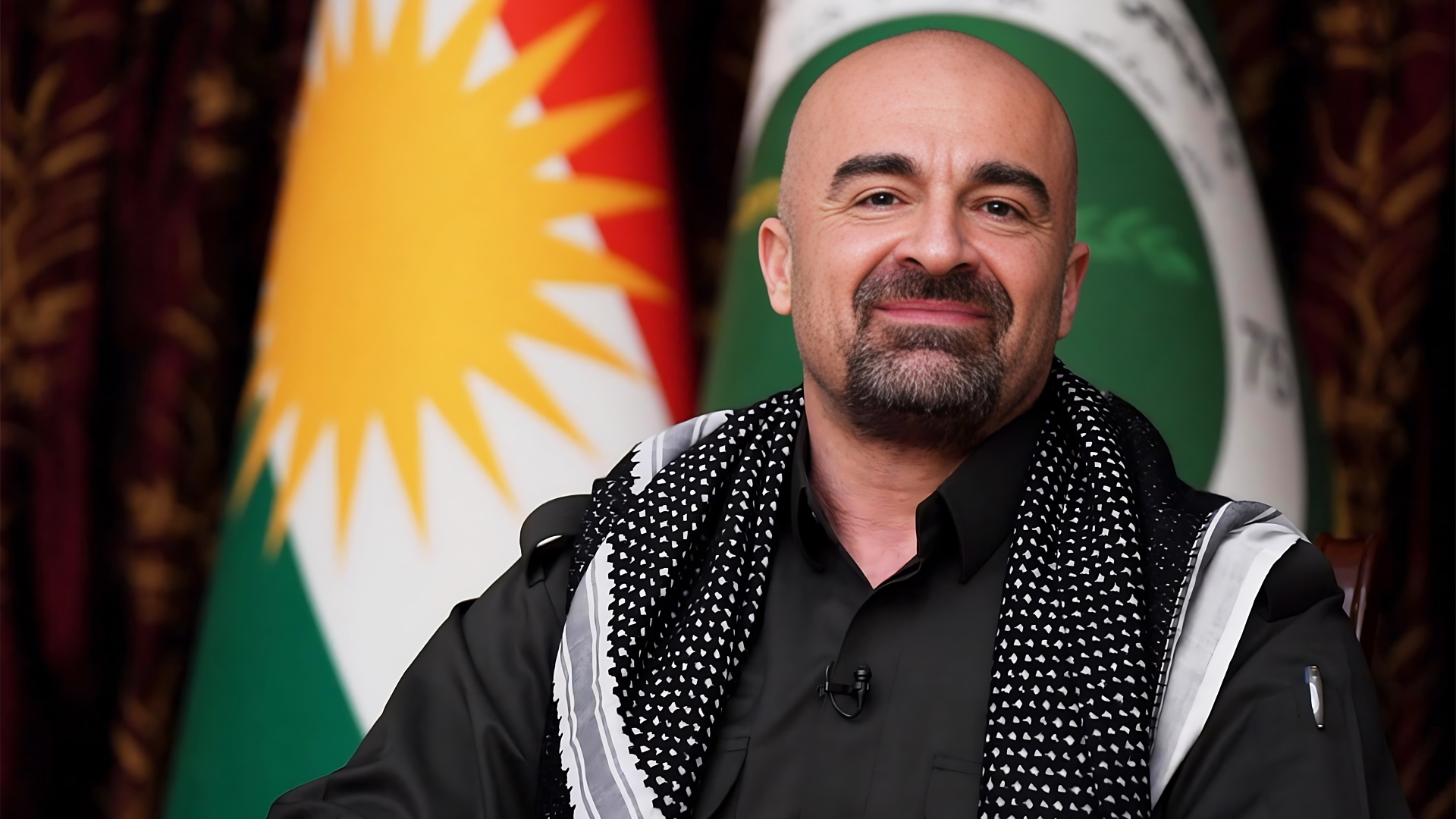The Kurdistan Workers’ Party (PKK) initiated its first formal disarmament process on Friday, July 11, 2025, when 30 fighters symbolically destroyed their weapons in Sulaymaniyah’s Surdash area. This landmark ceremony marks a pivotal moment after over four decades of armed conflict, drawing praise from Kurdish leaders who view it as a crucial step toward lasting peace between the PKK and Turkey through dialogue rather than violence.
Three Kurdish Leaders Welcome Historic Disarmament
The symbolic ceremony at Jasana Cave in Sulaymaniyah represents the inaugural phase of a broader disarmament initiative that has drawn unanimous praise from Kurdish leadership. Bafel Jalal Talabani, Qubad Talabani, and Nechirvan Barzani all hailed the development as a transformative moment for regional peace. Thirty PKK members, including senior officials, participated in the weapon destruction ceremony, signaling their commitment to pursuing political solutions over armed resistance.
This gesture follows the PKK’s March ceasefire declaration and May announcement of dissolving its armed struggle. The disarmament comes after significant developments earlier this year when imprisoned PKK leader Abdullah Ocalan urged the organization to abandon violence and pursue political avenues for securing Kurdish rights. The PKK, established in 1978 with initial goals of Kurdish independence, has evolved to focus on political and cultural rights for Kurds in Turkey. The group remains designated as a terrorist organization by Turkey, the United States, and the European Union.
Bafel Talabani Champions Dialogue Over Violence
PUK President Bafel Jalal Talabani delivered a comprehensive statement emphasizing the transformative nature of the PKK disarmament. He declared it “a historic step towards a new phase in North Kurdistan and Türkiye through dialogue and peace,” positioning the event as a fundamental shift in conflict resolution approach. Talabani firmly stated that “The Patriotic Union of Kurdistan firmly believes that bloodshed will only deepen the problems, and now is the time to lay down arms and go to the negotiating table to achieve the legitimate rights of all parties.”
The PUK leader expressed particular pride in witnessing the implementation of peace foundations established by former President Mam Jalal, describing how “we are also proud to see the foundation for peace laid by President Mam Jalal being implemented today.” He emphasized the PUK’s active role in facilitating peace, stating “While we continue our efforts to make the peace process succeed,” and expressed hope that this development would normalize relations between parties while strengthening Kurdistan Region stability.
Qubad Talabani Praises Sulaymaniyah’s Peace Legacy
Deputy Prime Minister Qubad Talabani focused his remarks on Sulaymaniyah’s historical role as a peace mediator, describing how the city has consistently served as a bridge-builder in regional conflicts. He stated, “Sulaymaniyah, a city long known for building bridges and resolving conflicts through dialogue, has once again embodied this spirit today.” His speech highlighted the city’s unique position in fostering peaceful solutions to complex political challenges.
Qubad Talabani characterized the PKK’s action as a demonstration of strength rather than weakness, noting that “The PKK has destroyed its weapons from a position of strength, as part of a significant and courageous peace initiative.” He emphasized the voluntary nature of the disarmament and its significance as a bold step toward conflict resolution. The deputy prime minister concluded by reaffirming his commitment to the peace process, declaring “We remain committed to supporting this process, guided by a profound hope for lasting peace and democracy.”
Regional Support and Diplomatic Backing
Kurdistan Region President Nechirvan Barzani expressed strong optimism about the peace process’s future trajectory. He declared confidence that this step would “move the peace process to a new phase” and anticipate additional practical measures advancing the process positively. Barzani pledged continued support and assistance, stating readiness to “provide all necessary assistance and facilitation and to carry out any duty that falls upon our shoulders.”
The Kurdistan Region president emphasized that all parties must prioritize efforts toward peace that benefits Turkey and the entire region. He specifically acknowledged Turkish President Recep Tayyip Erdogan’s leadership and dedication to advancing the peace process, recognizing the importance of high-level political commitment.
According to his spokesperson Dilshad Shahab, Barzani has actively worked since 2022 to facilitate ongoing peace talks between the Turkish government and PKK, leveraging his diplomatic relationships with the international community to create conducive conditions for dialogue.
Path Forward and Expectations
The ceremonial disarmament represents what the PKK characterizes as a good faith gesture, though the organization maintains that Ankara must also take concrete steps toward peace. This mutual expectation of reciprocal actions suggests that successful peace implementation requires commitment from both sides.
The broader disarmament process is expected to unfold in additional phases, with further steps anticipated following this initial symbolic gesture. The ceremony’s location in Sulaymaniyah, a city historically known for bridge-building and conflict resolution through dialogue, carries symbolic significance for the peace process.
This development occurs against a backdrop of evolving regional dynamics and represents a potential turning point in one of the Middle East’s longest-running conflicts. The success of subsequent phases will likely depend on sustained political will from all stakeholders and the ability to translate symbolic gestures into concrete political agreements that address underlying grievances while maintaining regional stability.


